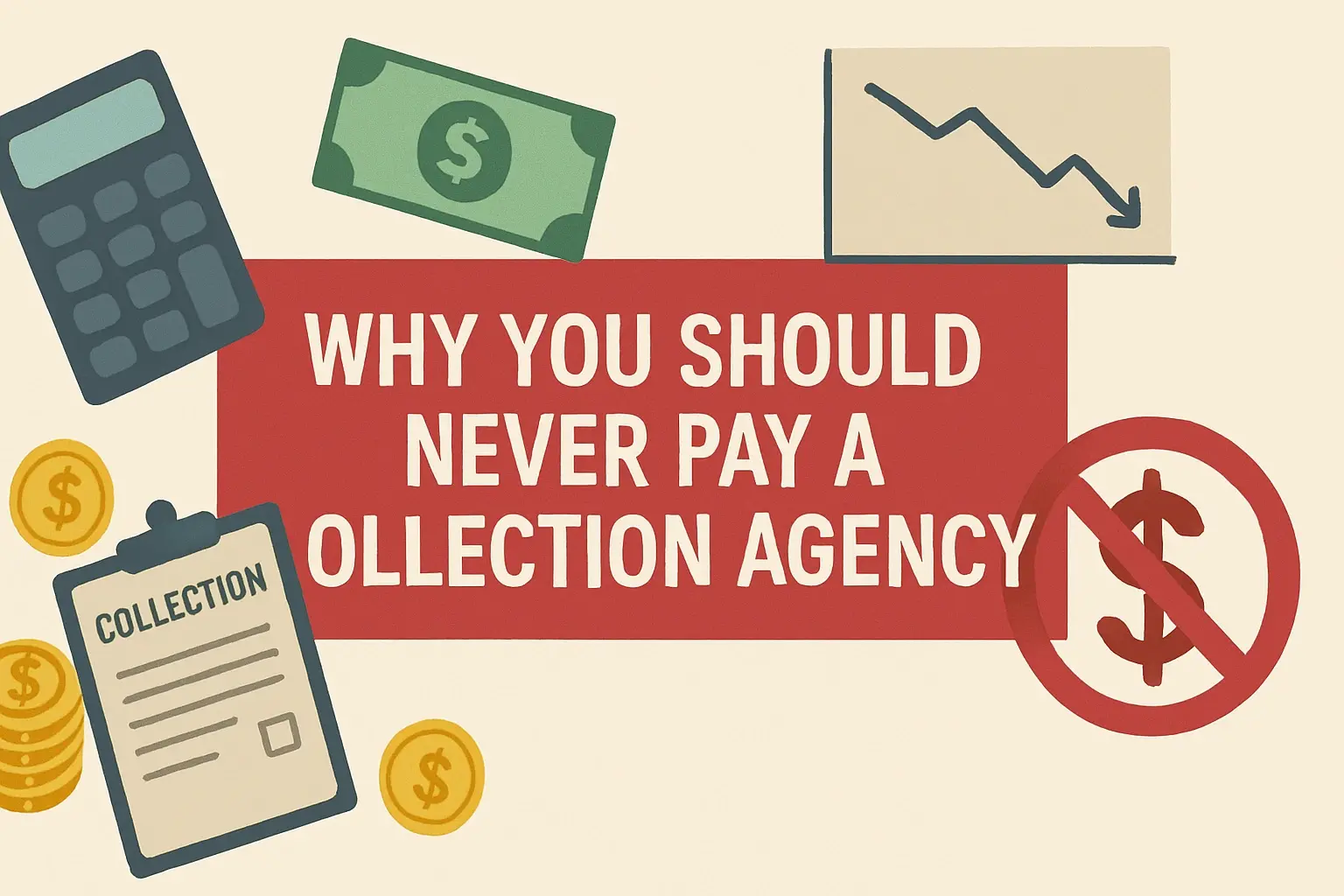-
Posted on: 23 Aug 2024

-
Many people wonder whether "running credit" – a term often used to describe actively using and managing credit accounts – can negatively impact their credit score. The truth is, the effect on your credit score depends entirely on *how* you're running that credit. Responsible credit management can actually boost your score, while mismanagement can lead to a decline. This article will delve into the nuances of credit utilization, inquiries, payment history, and other factors to help you understand how your credit activities affect your creditworthiness.
Understanding Credit Utilization: The Key Factor
The most significant aspect of "running credit" that affects your score is your credit utilization ratio. This ratio is calculated by dividing your total outstanding credit balances by your total available credit. For example, if you have a credit card with a $10,000 limit and you're carrying a balance of $3,000, your credit utilization ratio is 30% ($3,000 / $10,000 = 0.30). Credit bureaus consider this ratio a crucial indicator of your creditworthiness.
Why Credit Utilization Matters
Credit utilization reflects how responsibly you manage your credit. A high utilization ratio suggests that you're heavily reliant on credit and may be at risk of becoming overextended. A low utilization ratio, on the other hand, signals that you're managing your credit responsibly and are less likely to default.
Generally, experts recommend keeping your credit utilization below 30%. Ideally, aiming for below 10% is even better. Think of your credit cards like a line of credit. You want to show lenders you have access to credit, but you don’t rely on it too heavily.
Impact of High Credit Utilization
Using a large portion of your available credit can negatively impact your credit score in several ways:
- Lowers your credit score: Credit bureaus view high utilization as a sign of financial distress, lowering your score.
- Makes it harder to get approved for new credit: Lenders are hesitant to extend credit to individuals who are already heavily indebted.
- Increases interest rates: Even if approved, you may receive higher interest rates on loans and credit cards due to your perceived risk.
Tips for Keeping Credit Utilization Low
Here are some actionable strategies to keep your credit utilization in check:
- Pay off balances in full each month: This is the most effective way to maintain a low utilization ratio and avoid interest charges.
- Make multiple payments throughout the month: Instead of waiting until the due date, make smaller payments more frequently to lower your balance.
- Request a credit limit increase: Increasing your credit limit (without increasing your spending) automatically lowers your utilization ratio. However, be mindful of the potential temptation to overspend.
- Open a new credit card: This increases your overall available credit, lowering your overall utilization ratio. However, only do this if you can manage another account responsibly and avoid adding to your debt burden.
Credit Inquiries: Hard vs. Soft
Another aspect of "running credit" that people often worry about is the impact of credit inquiries. It's crucial to distinguish between two types of inquiries: hard inquiries and soft inquiries.
Hard Inquiries
A hard inquiry occurs when you apply for a new line of credit, such as a credit card, loan, or mortgage. These inquiries are visible to lenders and can slightly lower your credit score, especially if you have multiple hard inquiries in a short period of time. Lenders see multiple hard inquiries as a potential sign that you are desperately seeking credit and may be a higher risk.
The impact of a hard inquiry is usually minor and temporary, typically affecting your score for only a few months. Most hard inquiries fall off your credit report after two years.
When Hard Inquiries Matter
While a single hard inquiry is unlikely to cause significant damage, multiple inquiries within a short timeframe can be a red flag. This is especially true if you're applying for several credit cards or loans simultaneously. This practice is sometimes called "credit shopping," and while it's understandable to want the best rates, it can negatively affect your score.
How to Minimize the Impact of Hard Inquiries
- Apply for credit only when necessary: Avoid applying for multiple credit cards or loans unless you genuinely need them.
- Rate shop within a short timeframe: If you're shopping for a mortgage or auto loan, multiple inquiries within a 14-45 day period are often treated as a single inquiry for scoring purposes. This allows you to compare rates without significantly impacting your score.
Soft Inquiries
A soft inquiry occurs when you check your own credit report, when a lender checks your credit for pre-approved offers, or when a company conducts a background check. Soft inquiries are *not* visible to lenders and *do not* affect your credit score. They are simply informational and do not indicate that you are actively seeking credit.
You should regularly check your credit report for errors or signs of fraud. Checking your own credit report is a soft inquiry and will not harm your score. You are entitled to one free credit report per year from each of the three major credit bureaus (Equifax, Experian, and TransUnion) through AnnualCreditReport.com.
Payment History: The Foundation of a Good Credit Score
Your payment history is the most influential factor in determining your credit score, accounting for approximately 35% of your FICO score. Making timely payments on all your credit accounts is crucial for building and maintaining a good credit score. This includes credit cards, loans, mortgages, and even utility bills in some cases.
The Impact of Late Payments
Even a single late payment can negatively affect your credit score, especially if it's reported to the credit bureaus. The longer the payment is overdue, and the more frequently you miss payments, the more significant the damage will be.
- Lower credit score: Late payments can significantly lower your credit score, making it harder to qualify for credit in the future.
- Increased interest rates: Lenders may increase your interest rates on existing credit accounts if you have a history of late payments.
- Difficulty getting approved for new credit: Late payments are a major red flag for lenders, making it difficult to get approved for new credit cards, loans, or mortgages.
Tips for Maintaining a Positive Payment History
- Set up automatic payments: This ensures that you never miss a payment due to forgetfulness.
- Set reminders: If you don't want to use automatic payments, set reminders on your phone or calendar to ensure you pay your bills on time.
- Contact your creditors if you're struggling to pay: If you're facing financial difficulties, contact your creditors as soon as possible. They may be willing to work out a payment plan or offer other assistance.
Other Factors Affecting Your Credit Score
Besides credit utilization, inquiries, and payment history, other factors can influence your credit score:
- Length of credit history: A longer credit history generally indicates a more responsible borrower.
- Types of credit in use: Having a mix of credit accounts (e.g., credit cards, installment loans) can be beneficial, showing that you can manage different types of credit.
- Public records and collections: Bankruptcies, foreclosures, and unpaid debts sent to collections can severely damage your credit score.
Building and Maintaining a Healthy Credit Score
Building a good credit score takes time and consistent effort. Here are some key strategies to consider:
- Start early: If you're young, start building credit as soon as possible. Consider a secured credit card or becoming an authorized user on a parent's credit card.
- Pay your bills on time, every time: This is the single most important thing you can do to improve your credit score.
- Keep your credit utilization low: Aim to keep your credit utilization below 30%, ideally below 10%.
- Regularly monitor your credit report: Check your credit report for errors and signs of fraud.
- Be patient: Building good credit takes time. Don't get discouraged if you don't see results immediately.










